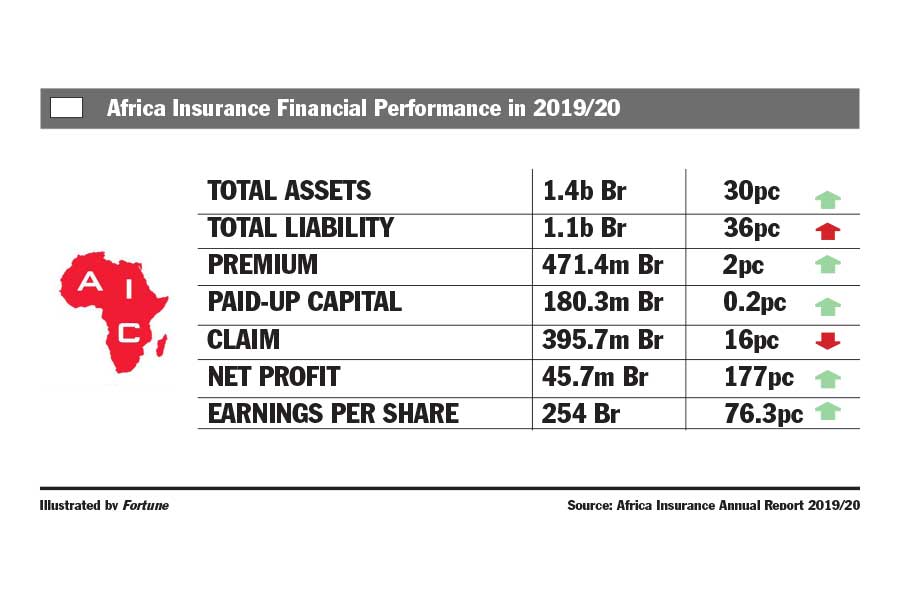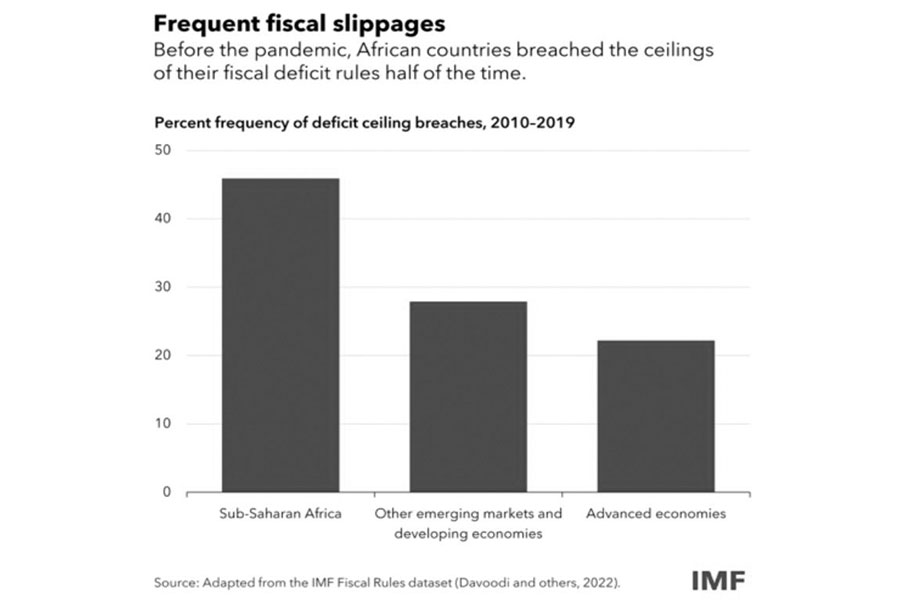
May 29 , 2021
By Christian Tesfaye
There is an old Ethiopian joke that demonstrates how pathetic – mind the French – African countries are.
Here is the story, with some embellishments. An immortal deity goes around various countries, picking individuals and asking them what they would like. One says a palace, another a private jet, and yet another a yacht. All of the wishes, he is happy to fulfil until he comes to Ethiopia.
“And what would you like?” He asks an Ethiopian.
“I would like to live well into old age to witness the prosperity of Ethiopia,” says the man.
The immortal deity looks at him, and with pity in His tone, says, “My dear child, even I won’t be able to live that long.”
Technically, this is wrong. The Economistestimates that it would have taken a 170 years for today’s developing countries to halve the income gap with rich nations at current catch-up rates. This means that it would take an African country such as Ethiopia, on average, 340 years to close the gap with that of rich nations. We are staring at several subsequent generations of poverty, lack of access to potable water, basic electricity, and health services.
This situation will be limited to the Middle East, Latin America and, of course, sub-Saharan Africa. These three have been falling further behind since 2013, especially compared to the emerging Asian and East European countries.
Let us take countries such as Ethiopia and Nigeria. Both boast a promising market, especially in the information technology sphere where takeoff has been sustained and demonstrable. Both also have a modest but yet impressive record of lifting populations out of poverty. Unfortunately, they also get hit by events such as COVID-19.
In Ethiopia's case, over the past year, it has been battered by restrictions from the pandemic, locust invasions, political instability and flooding, all in one year. Two million more people are estimated to fall into poverty while individuals under the Productive Safety Net Programme are expected to rise by six million to 15 million this year, according to the World Bank. It is not a pretty picture.
Miraculously, the economy has survived all of this and is expected to grow by about two percent this year, according to the IMF, making Ethiopia one of the few countries globally to have not sunk into recession as a result of the pandemic. It also opened up its telecom sector to much promise – in a deal that would see a million jobs created – boasts an eclectic up-and-coming garments industry and is undergoing an urban renewal in its capital, Addis Abeba.
No matter, it is a sub-Saharan African country – it can never go too long without having its prospects dashed. It is now staring down the barrel of US and EU sanctions that, if egregious enough, would pull down millions more into poverty with, sadly, very little prospects of addressing the ongoing crisis in the Tigray region.
Nigeria is another example. Flick the news on the country and one would find an orgy of alarming reports – media institutions portraying it as a typical conflict-torn, hopelessly failed nation; as a very African country.
There is news of the country’s army chief being killed in a plane crash recently. There is also an insurgency by Boko Haram and the Islamic State West Africa Province, which has displaced about two million people and killed more than 30,000 over a decade. Kidnappings for ransom is a modest market in itself, as is fighting between farmers and cattle herders.
And, of course, as any African country worth its salt, its army is also fighting a separatist movement - the old Biafrans trying to make a comeback. More importantly, its economy went into recession in 2016 and has only been growing at about two percent over the past years, a meagre rate for a developing country.
As I said, the circumstance of sub-Saharan Africa is dire and depressing. Unfortunately, this may worsen. The rich world prefers to bloat such countries with more aid money than investments and trade (which create sustainable economic development), a population boom that strains resources is in the offing and there is global warming. The last one is the price Africans pay for the industrialisation of the Global North and will mean more extreme weather events that worsen food insecurity. Indeed, all of these will translate into more violence and conflicts.
Good luck, Africa.
PUBLISHED ON
May 29,2021 [ VOL
22 , NO
1100]


My Opinion | Dec 21,2019

Commentaries | Dec 11,2021

Commentaries | Nov 23,2019

Fortune News | Dec 12,2020

Commentaries | Sep 30,2023

Radar | May 18,2019

Viewpoints | Jun 14,2025

Viewpoints | Nov 16,2019

Radar | Jul 25,2020

Advertorials | Oct 10,2019

My Opinion | 132151 Views | Aug 14,2021

My Opinion | 128561 Views | Aug 21,2021

My Opinion | 126482 Views | Sep 10,2021

My Opinion | 124091 Views | Aug 07,2021





Dec 22 , 2024 . By TIZITA SHEWAFERAW
Charged with transforming colossal state-owned enterprises into modern and competitiv...

Aug 18 , 2024 . By AKSAH ITALO
Although predictable Yonas Zerihun's job in the ride-hailing service is not immune to...

Jul 28 , 2024 . By TIZITA SHEWAFERAW
Unhabitual, perhaps too many, Samuel Gebreyohannes, 38, used to occasionally enjoy a couple of beers at breakfast. However, he recently swit...

Jul 13 , 2024 . By AKSAH ITALO
Investors who rely on tractors, trucks, and field vehicles for commuting, transporting commodities, and f...

Jul 12 , 2025
Political leaders and their policy advisors often promise great leaps forward, yet th...

Jul 5 , 2025
Six years ago, Ethiopia was the darling of international liberal commentators. A year...

Jun 28 , 2025
Meseret Damtie, the assertive auditor general, has never been shy about naming names...

Jun 21 , 2025
A well-worn adage says, “Budget is not destiny, but it is direction.” Examining t...

Jul 13 , 2025 . By YITBAREK GETACHEW
The Addis Abeba City Revenue Bureau has introduced a new directive set to reshape how...

Jul 13 , 2025 . By BEZAWIT HULUAGER
Addis Abeba has approved a record 350 billion Br budget for the 2025/26 fiscal year,...

Jul 13 , 2025 . By RUTH BERHANU
The Addis Abeba Revenue Bureau has scrapped a value-added tax (VAT) on unprocessed ve...

Jul 13 , 2025 . By NAHOM AYELE
Federal lawmakers have finally brought closure to a protracted and contentious tax de...